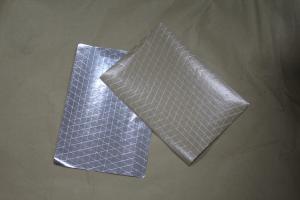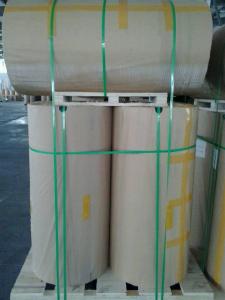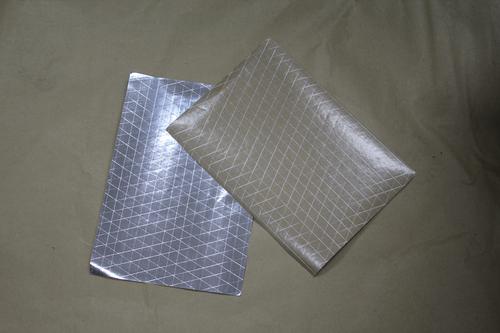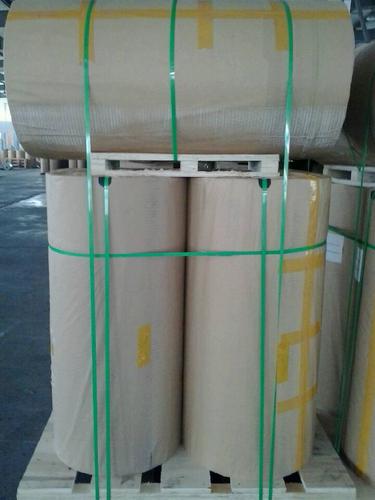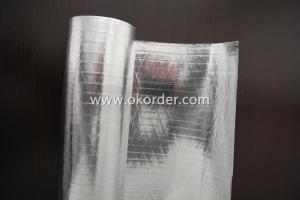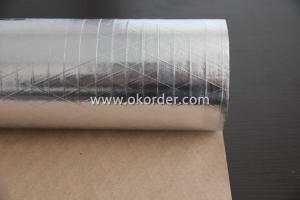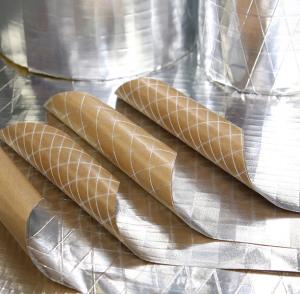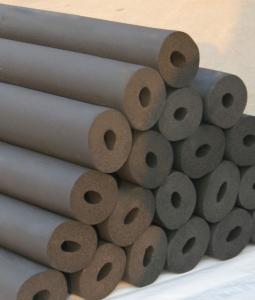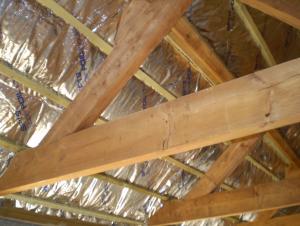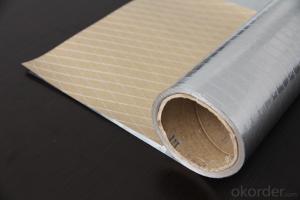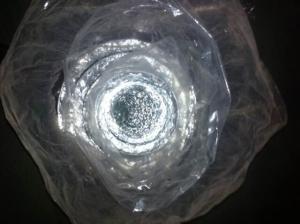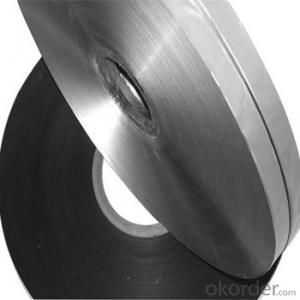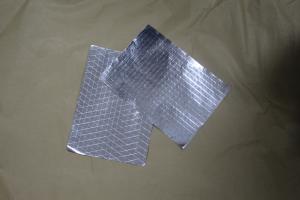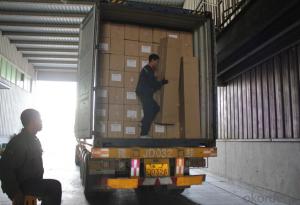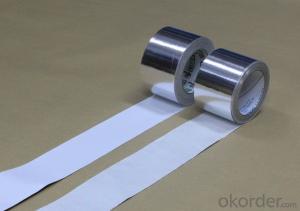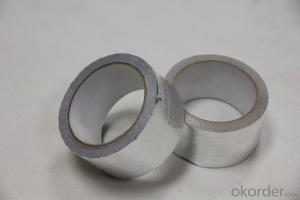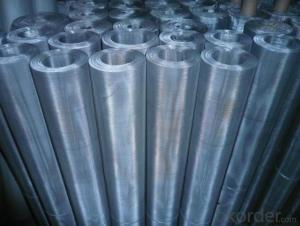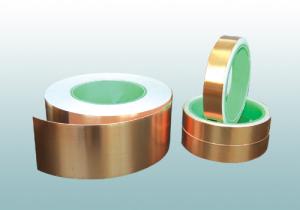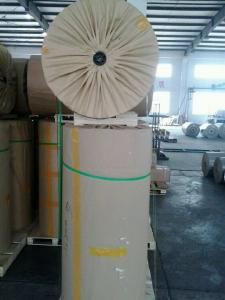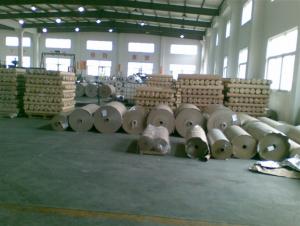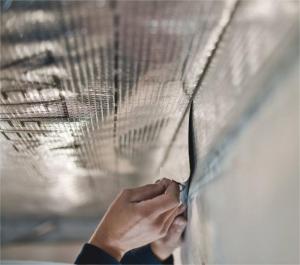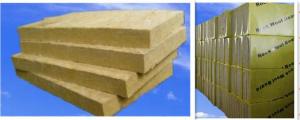Fsk-7150A Aluminum Foil Facing Insulation Board
- Loading Port:
- China Main Port
- Payment Terms:
- TT OR LC
- Min Order Qty:
- -
- Supply Capability:
- -
OKorder Service Pledge
OKorder Financial Service
You Might Also Like
Specifications
aluminum foil mesh cloth/fiberglass mesh backed alu foil:To be sealed on glass wool or other duct wraps of HVAC system
Detailed Product Description
Reflective Insulation
1.Alu. Foil:7microns
2.Kraft paper:50/60gsm
3.Tri-way scrim
4.wall & house insulation
Model 1:Double side reflective alu foil FSK:
Model: FSK-7160A
7u AL/ 3 way fiberglass Scrim: 8 x 12mm / PE / Kraft: 60gsm / PE /7u AL
Model: FSK-7160B
7u AL/ 2 way fiberglass Scrim: 12.5X12.5mm / PE / Kraft: 60gsm/ PE /7u AL
Model 2:Kraft paper:
Model: FSK-7160A
7u AL / 3 way fiberglass Scrim: 8 x 12mm / PE / Kraft: 60gsm
Model: FSKV-7150B
7u AL/ 2 way fiberglass Scrim: 12.5X12.5mm / PE / Kraft: 50gsm
Specifications:
1) Roll width: 1.2, 1.25, 1.3, 1.35m
2) Roll length: 50-100m.
Application:
To be sealed on glass wool or other duct wraps of HVAC system, or to be used as sound/heat insulator for high-rise buildings and hotels, or works as vapor barrier and thermal insulation facing for metal building. Excellent thermal insulation materials of the steam heating pipelines, sound-proof materials in construction and the protective layer of glass wool blanket as well as the packing materials for the export equipment with excellent functions of non-combustible, heat isolation, vapor barrier, mildew proof, anti-corrosion, and sound absorbability.
- Q: What are the methods to prevent grease stains on aluminum foil after using it for cooking?
- <p>To avoid grease stains on your aluminum foil facing after cooking, consider the following tips: Use a double layer of foil to increase protection, ensuring the foil is large enough to fully cover the cooking surface. Preheat your foil before placing it on the cooking surface to reduce the chance of grease sticking. Clean the foil immediately after use with warm soapy water to remove any grease before it sets. Alternatively, you can use non-stick spray or a light coating of oil on the foil before using it, which can help prevent grease from adhering.</p>
- Q: The user is asking if they can repurpose their old aluminum foil facing to create a new pot holder or tea cozy.
- <p>Yes, you can repurpose your old aluminum foil facing to make a new pot holder or tea cozy. Aluminum foil is a good insulator and can be easily cut and shaped to fit your needs. Simply cut the foil to the desired size, fold or wrap it around the pot or tea cozy, and secure it with a rubber band or string. For a more decorative touch, you can cover the foil with fabric or use colorful foil. Always ensure that the aluminum foil does not come into direct contact with the heat source to avoid any potential fire hazards.</p>
- Q: Is it safe and effective to use aluminum foil facing material for wrapping rice for storage purposes?
- <p>Using aluminum foil facing to wrap rice for storage is not recommended. Aluminum foil facing is not designed for food contact and may contain chemicals that could contaminate the rice. Instead, opt for food-grade materials like plastic bags or containers specifically designed for food storage. These materials are safer and help maintain the freshness and quality of the rice.</p>
- Q: This question asks about potential health or safety risks associated with the use of non-stick coatings on food covers or containers.
- <p>Non-stick coatings on food covers or containers are generally safe when used as directed. However, there are some concerns. High heat can cause these coatings to release potentially harmful fumes or chemicals, such as perfluorooctanoic acid (PFOA), which has been linked to health issues. It's important to avoid overheating non-stick items and to not use them in the oven or broiler. Always follow the manufacturer's guidelines for safe use and cleaning. If the coating is scratched or peeling, it's best to replace the item to prevent ingestion of the coating particles.</p>
- Q: What are the potential health advantages of using food packaging that does not contain aluminum?
- <p>Yes, there are health benefits associated with using aluminum-free food packaging. Aluminum has been linked to potential health risks, including Alzheimer's disease and neurological disorders. By avoiding aluminum in food packaging, there's a reduced risk of exposure to this metal, which can leach into food, especially when heated. This can help minimize the intake of aluminum, potentially lowering the risk of related health issues. Aluminum-free packaging also reduces the environmental impact and is often more sustainable, contributing to overall health by promoting a cleaner environment.</p>
- Q: Explain the distinctions between aluminum foil facing and tin foil, including their composition and uses.
- <p>Aluminum foil facing and tin foil are both thin sheets of metal used for various purposes, but they differ in composition and properties. Aluminum foil facing is a thin layer of aluminum bonded to a substrate, often used in construction for insulation, while tin foil is pure tin and is used for wrapping food or as a decorative element. Aluminum foil is lightweight, corrosion-resistant, and conducts heat well, making it ideal for cooking and insulation. Tin foil, on the other hand, is less common in everyday use due to its higher cost and lower durability compared to aluminum. It is often used in niche applications such as art and craft projects or for certain types of food packaging that require a barrier to light and oxygen.</p>
- Q: Is it safe or practical to use aluminum foil facing as a material for making soup?
- <p>No, it is not advisable to use aluminum foil facing for making soup. Aluminum foil is not designed for direct contact with food, especially when heated, as it can potentially leach aluminum into the food. Additionally, aluminum foil is not a suitable material for cooking vessels as it can tear or puncture easily, leading to safety hazards. Instead, use materials specifically designed for cooking, such as stainless steel, ceramic, or glass cookware, which are safe and non-reactive with food.</p>
- Q: Is it safe to use aluminum foil with a shiny side to wrap food for grilling?
- <p>Yes, you can use aluminum foil facing to wrap food for grilling. The shiny side of aluminum foil is non-stick and is safe for use with food. It helps prevent food from sticking to the foil and allows for even cooking. However, ensure that the foil does not come into direct contact with the heat source as it may cause the foil to tear or burn, potentially releasing aluminum particles into the food. Always follow grilling guidelines and safety precautions to avoid any risks.</p>
- Q: This question asks for a comparison of various materials used for food wrapping, highlighting their unique properties and uses.
- <p>Different types of food wrap materials include plastic wrap, aluminum foil, parchment paper, and beeswax wraps. Plastic wrap is versatile, clingy, and great for sealing in freshness, but it's not microwave-safe and may not be eco-friendly. Aluminum foil is heat-resistant, ideal for cooking and sealing, but it's not reusable and can tear easily. Parchment paper is non-stick, reusable, and safe for baking, but it's not as airtight as plastic. Beeswax wraps are eco-friendly, reusable, and can be used in the oven, but they are more expensive and not as widely available. Each type has its advantages and disadvantages depending on the specific use case, such as food storage, cooking, or sustainability.</p>
- Q: What are the potential hazards or dangers of using aluminum foil facing in construction or other applications?
- <p>Using aluminum foil facing can pose certain risks, particularly in construction. It may not provide adequate insulation, leading to energy inefficiency. Additionally, it can trap moisture, causing mold or mildew growth and potential structural damage. Aluminum foil facing can also be a fire hazard if it's not properly installed or if it comes into contact with electrical wiring. Moreover, it may not be as durable as other materials, leading to a shorter lifespan and the need for more frequent replacements. It's crucial to consider these factors and consult with professionals when deciding to use aluminum foil facing in any application.</p>
Send your message to us
Fsk-7150A Aluminum Foil Facing Insulation Board
- Loading Port:
- China Main Port
- Payment Terms:
- TT OR LC
- Min Order Qty:
- -
- Supply Capability:
- -
OKorder Service Pledge
OKorder Financial Service
Similar products
Hot products
Hot Searches
Related keywords
